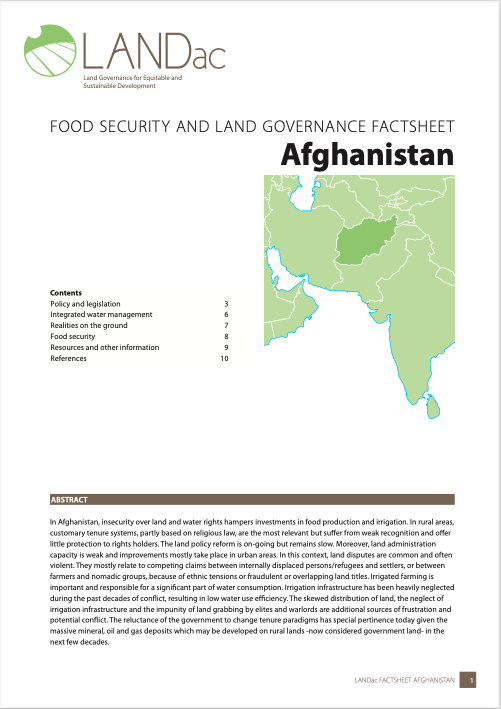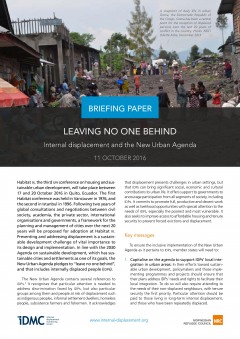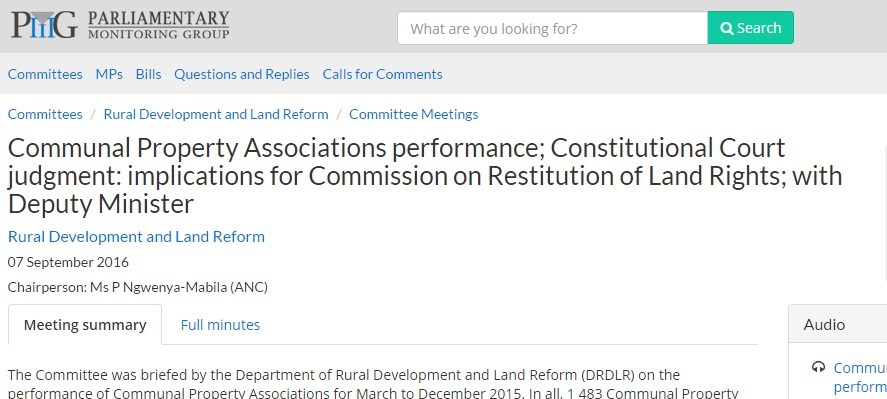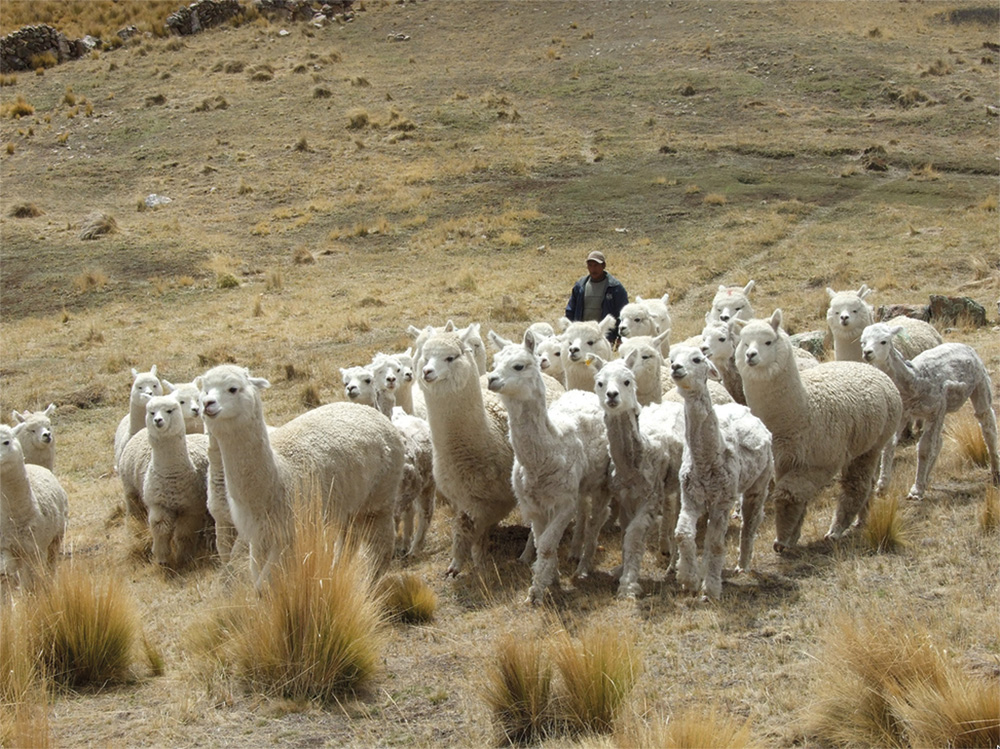Food Security and Governance Factsheet: Afghanistan
In Afghanistan, insecurity over land and water rights hampers investments in food production and irrigation. In rural areas, customary tenure systems, partly based on religious law, are the most relevant but suffer from weak recognition and offer little protection to rights holders. The land policy reform is on-going but remains slow. Moreover, land administration capacity is weak and improvements mostly take place in urban areas. In this context, land disputes are common and often violent.












